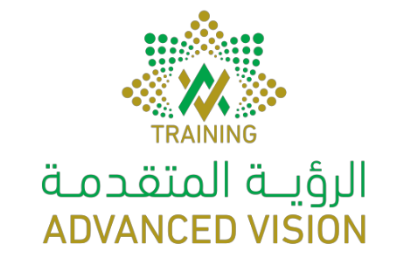By the end of the course, participants will be able to:
- Grasp the Fundamentals of AI: Understand AI's comprehensive landscape, including generative AI and large language models, and its significance in modern business.
- Leverage AI Across the Business Value Chain: Identify and apply AI-driven strategies to enhance operational efficiency and innovation.
- Demystify AI Technologies and Algorithms: Gain a clear understanding of the mechanisms behind AI solutions, presented in a way accessible to managers, not just technical experts.
- Implement AI Best Practices: Learn the critical steps and methodologies for successful AI project management, including AI governance and MLOps frameworks.
- Develop AI Leadership: Assess and cultivate the essential skills and competencies required to lead AI initiatives within your organization.
- Facilitate AI-centric Discussions: Engage effectively with business and technical teams on AI-related endeavors.
- Craft and execute an AI Strategy: Develop a comprehensive strategy to transform your organization into an AI-driven enterprise.
Introduction to Artificial Intelligence (AI), Machine Learning (ML) and Data Science
- AI in a historical setting and combinatorial technologies
- Human and artificial intelligence
- Introduction to AI, concepts, narrow and general AI
- Different types of AI, including generative AI
- The thinking in AI: Machine learning
Advanced Analytics vs Artificial Intelligence
- Gartner’s ascendancy model
- 4 types of data analytics
- Analytics value chain
Algorithms without technical jargon
- Supervised learning
- Unsupervised learning
- Reinforcement learning
- Transformer and large language models
Data as Fuel for AI
- Structured and unstructured data
- The 5 V’s of data
- Importance of quality data
- Data management and governance
AI and robotics
- 4 rational agents
- Intelligent agents
- Robotic paradigms
- Agents, robotics, and reinforcement learning
AI opportunities
- Successful use cases by Porter’s value chain
- Successful use cases by technology
- Natural language processing
- Image recognition
Ideation of AI projects
- AI funnel process
- Several idea generation approaches
- Prioritizing projects
- AI project canvas
Running AI projects
- Machine learning life cycle
- AI machine learning canvas
- Build or buy decisions
How to transform into an AI-ready organization
- AI strategy and framework
- Dimensions of the AI framework
- Practical approach to assess AI maturity
- Best organizational structures
- Benefits of an AI Center of Excellence
- Skills and competencies
AI, risks, opportunities, ethics and sustainability
-
- Universal design
- Challenges and risks, technology readiness levels
- Ethical and trustworthy AI
- 3 areas of sustainability and 17 UN goals
- Learn about trends emerging from the rise of frontier tech
- Gain strategic perspectives on AI technologies and their dynamics
- Develop the ability to assess the uncertainty, ambiguity, and challenges of artificial intelligence
- Learn how to visualize and frame business implications and opportunities stemming from AI Seek an actionable, defensible continued exploration agenda for experimentation
- Earn a Certificate of Participation from the Harvard Division of Continuing Education
- AI Best Practice Application
- AI Change Management
- AI Business Translator
- AI Project Management.
To be successful in this course, participants should have a solid understanding of business processes and general concepts and a basic understanding of information technology resources and systems, such as networks, computers, and other electronic devices used in business.
- Our Certified Artificial Intelligence (AI) Practitioner training provides individuals with the skills and knowledge required to develop and implement AI and machine learning (ML) solutions, making them highly valuable to businesses across industries.
- This certification demonstrates proficiency in the most recent AI and ML techniques, and it can lead to exciting and well-paying career opportunities.
-
Artificial Intelligence (AI) is rapidly transforming industries and creating new career opportunities for business professionals.
As AI technology advances, its integration into business processes becomes increasingly critical for maintaining competitiveness, driving innovation, and improving efficiency.
- Question Types: Multiple-choice questions, case studies, and scenario-based questions.
- Duration: Usually around 60-90 minutes.
- Number of Questions: Typically, 40-60 questions.










